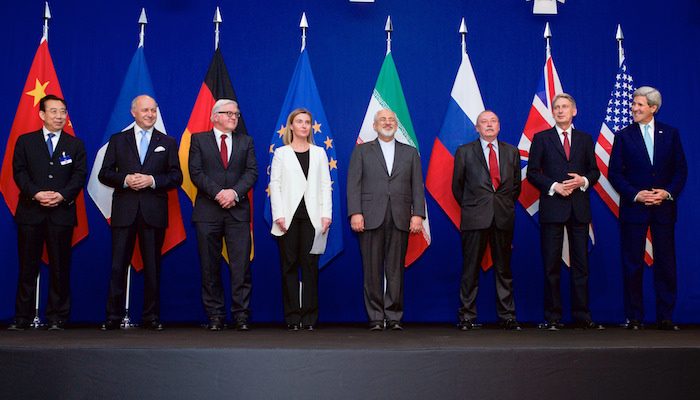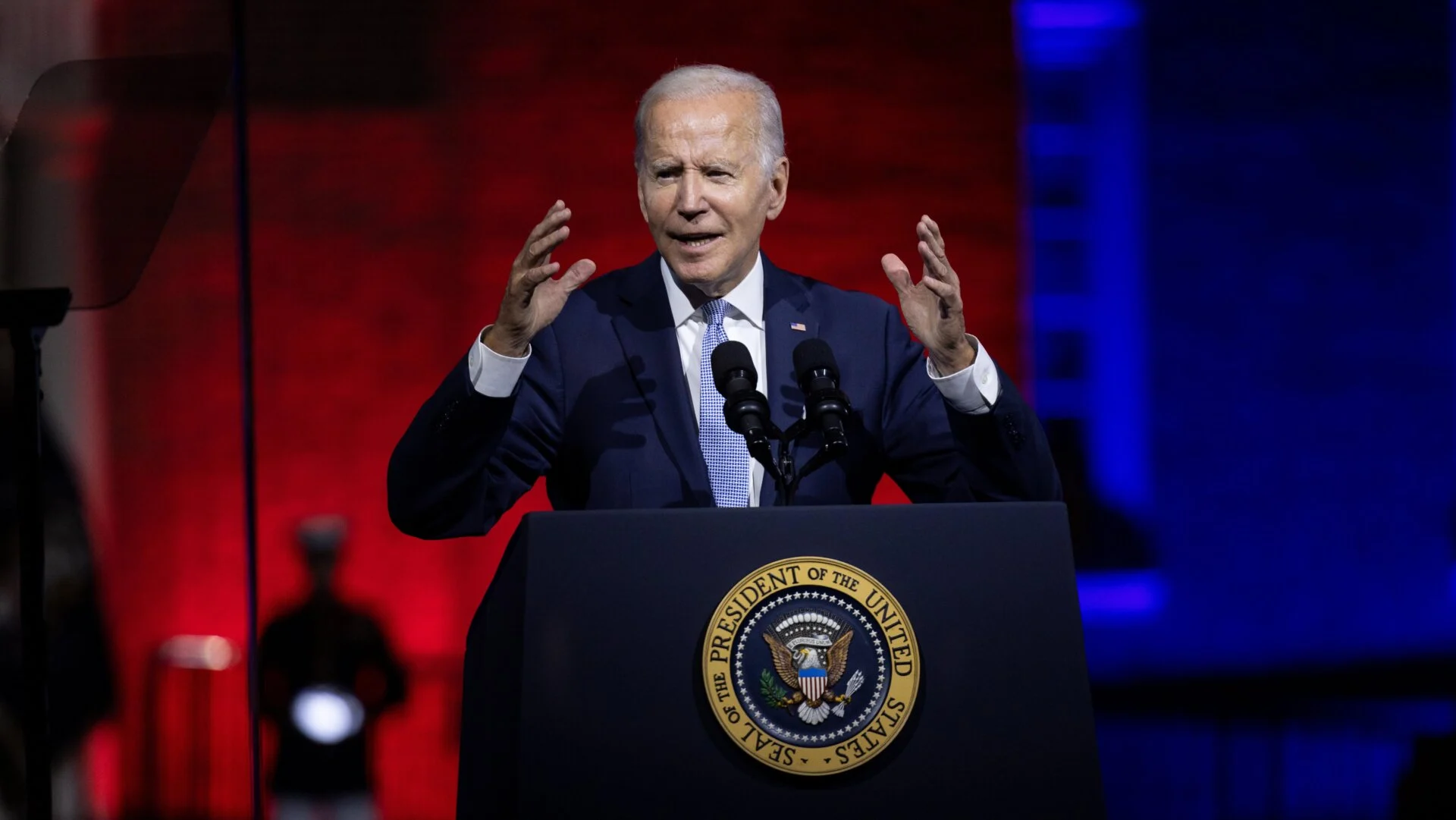
In an era marked by rapid geopolitical shifts and complex international dynamics, the United States is recalibrating its diplomatic strategies to address an evolving global landscape. Recent developments underscore a concerted effort by the U.S. to forge strategic alliances and adapt to emerging global challenges. This renewed focus on diplomacy reflects a broader recognition that collaborative approaches are essential for tackling multifaceted issues such as climate change, regional conflicts, and economic instability.
One of the most notable aspects of the U.S. diplomatic strategy is the emphasis on strengthening alliances with both traditional partners and emerging players. Recent high-level meetings between U.S. officials and leaders from countries across different continents highlight a strategic push to enhance cooperation on key issues. For instance, the Biden administration has prioritized revitalizing relationships with NATO allies, reaffirming the commitment to collective security and shared democratic values. This move comes in the wake of increasing global tensions and the need for a unified stance on security challenges.
In the Asia-Pacific region, the U.S. has also been actively engaging with countries such as Japan, South Korea, and India. The Quad partnership, which includes the U.S., Japan, India, and Australia, has gained prominence as a mechanism for addressing regional security concerns and promoting a free and open Indo-Pacific. Recent Quad meetings have focused on enhancing maritime security, addressing climate change, and strengthening economic ties, reflecting a comprehensive approach to regional diplomacy.
Simultaneously, the U.S. has been working to recalibrate its relationship with China, balancing competition with cooperation. The recent diplomatic talks between Washington and Beijing highlight the ongoing effort to manage tensions while seeking areas of mutual interest. Climate change has emerged as a crucial area for collaboration, with both nations recognizing the need for joint action to address global environmental challenges. This pragmatic approach underscores the complexity of U.S.-China relations and the necessity of navigating competition with constructive dialogue.
In the Middle East, U.S. diplomacy is undergoing a significant transformation. The recent normalization agreements between Israel and several Arab nations, facilitated by the U.S., represent a pivotal shift in regional dynamics. These agreements, aimed at fostering economic and security cooperation, reflect the U.S. commitment to promoting stability and countering regional threats. The Biden administration’s continued support for these agreements and efforts to address long-standing conflicts, such as the Israeli-Palestinian issue, are central to its Middle Eastern strategy.
Additionally, the U.S. is increasingly focused on addressing global health challenges through diplomatic channels. The COVID-19 pandemic has underscored the need for international cooperation in combating health crises. The U.S. has been actively participating in global initiatives such as the COVAX program, which aims to ensure equitable access to vaccines in low- and middle-income countries. This commitment to global health reflects a broader recognition of the interconnected nature of modern diplomacy and the importance of addressing transnational issues collaboratively.
On the economic front, the U.S. is navigating a landscape shaped by technological advancements and shifting trade dynamics. The rise of digital economies and the impact of artificial intelligence on global markets are prompting new diplomatic engagements. Recent trade discussions with major economic players, including the European Union and various ASEAN countries, highlight efforts to address trade imbalances, promote fair practices, and ensure that technological advancements benefit all parties involved.
Public diplomacy also plays a critical role in the current U.S. strategy. Engaging with global audiences through cultural exchange programs, educational initiatives, and media outreach is essential for shaping perceptions and fostering mutual understanding. The U.S. government’s investment in public diplomacy reflects a recognition of the importance of soft power in complementing traditional diplomatic efforts.
In summary, the United States is entering a new chapter in its diplomatic journey, characterized by strategic alliances, balanced competition, and collaborative approaches to global challenges. As the world faces an array of complex issues, from climate change and health crises to regional conflicts and economic shifts, the U.S. is working to navigate these challenges through nuanced and multifaceted diplomacy. This evolving approach underscores the importance of adaptability and cooperation in a rapidly changing global environment. The outcomes of these diplomatic efforts will not only shape U.S. foreign policy but also have far-reaching implications for international relations in the years to come.


